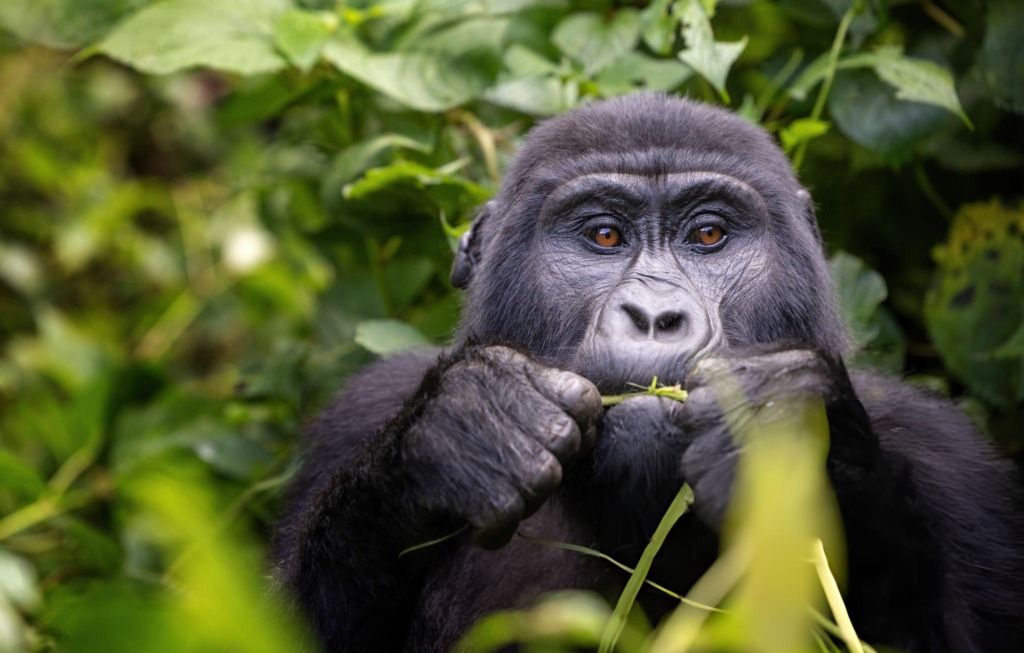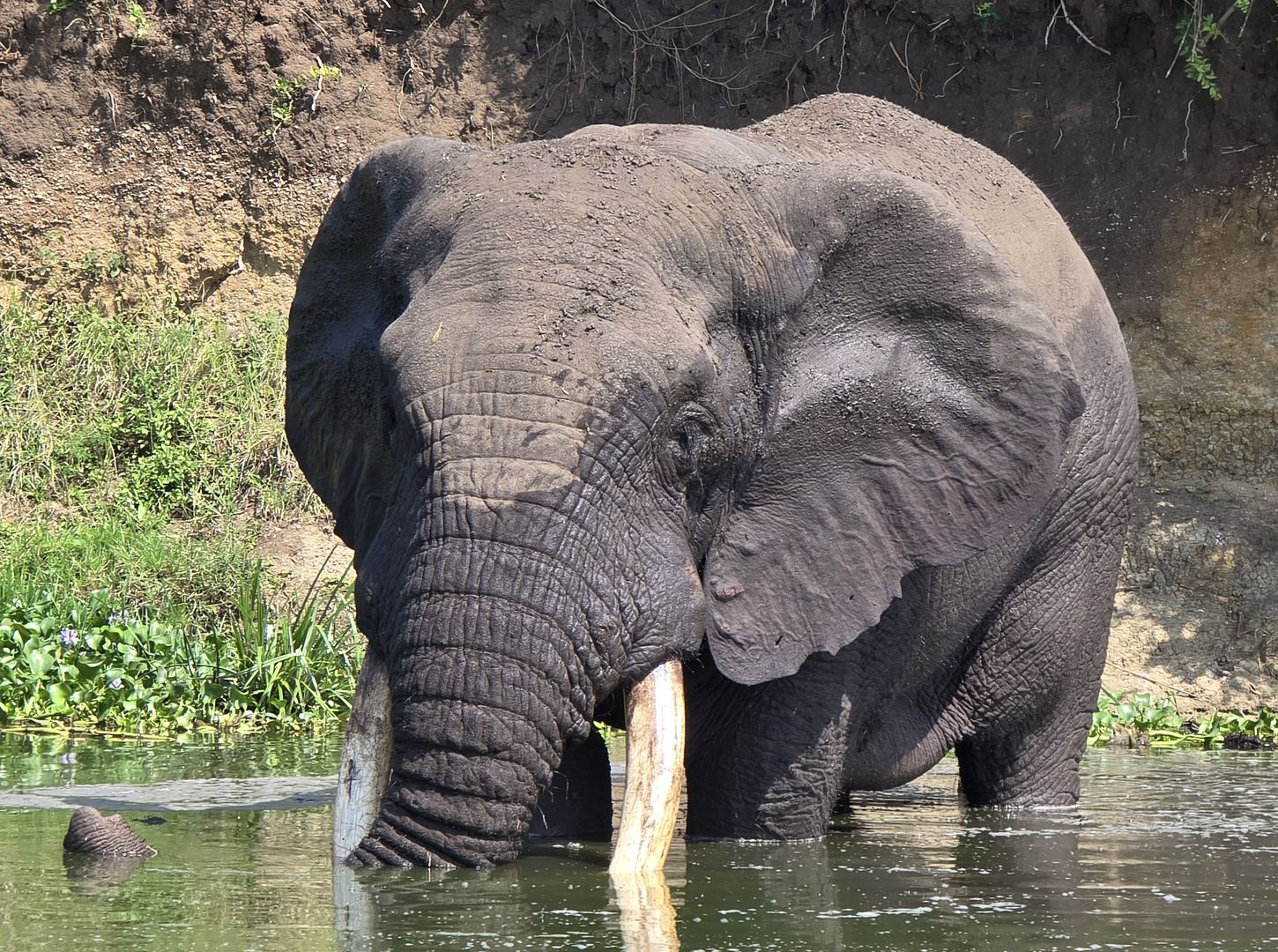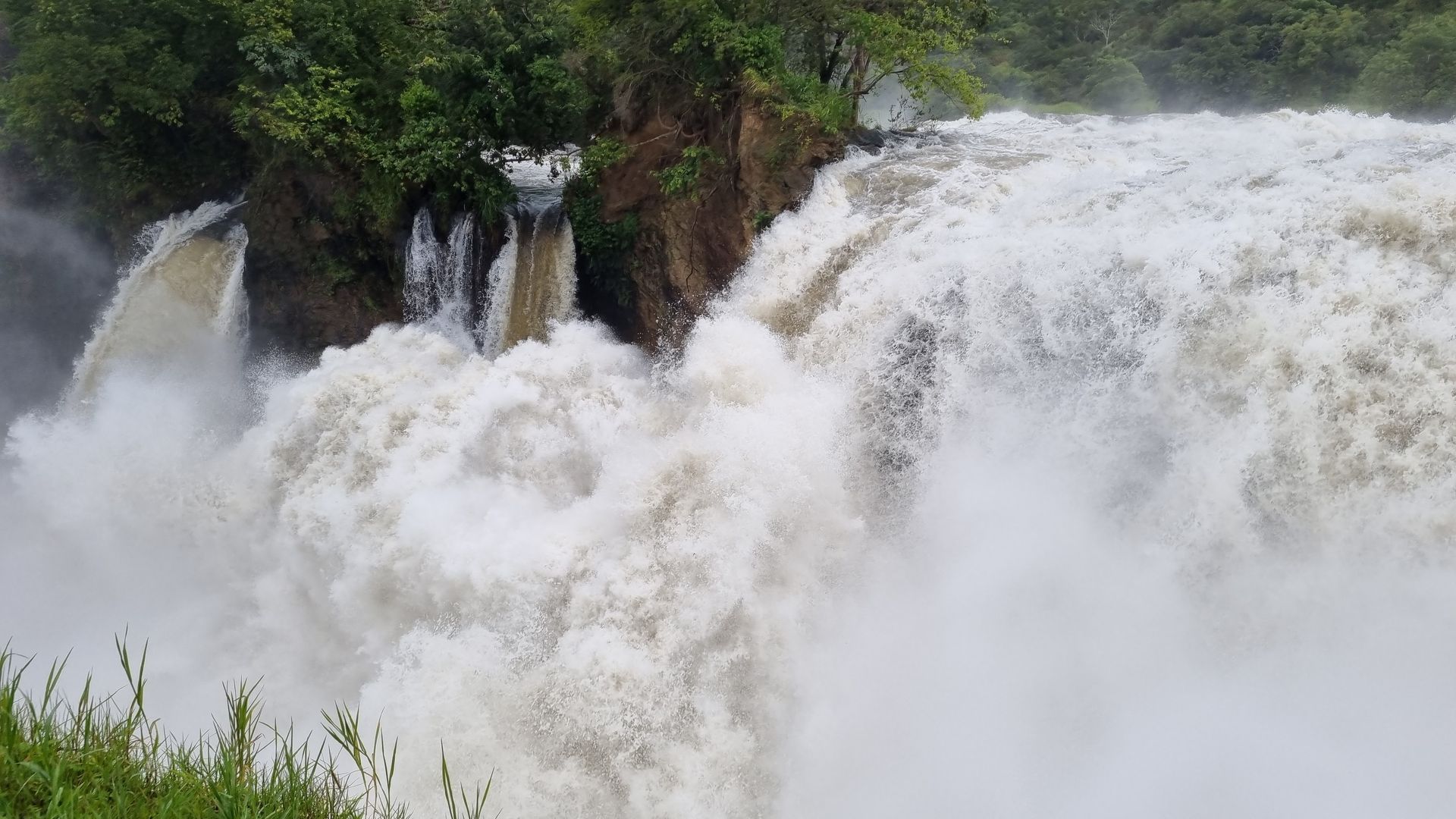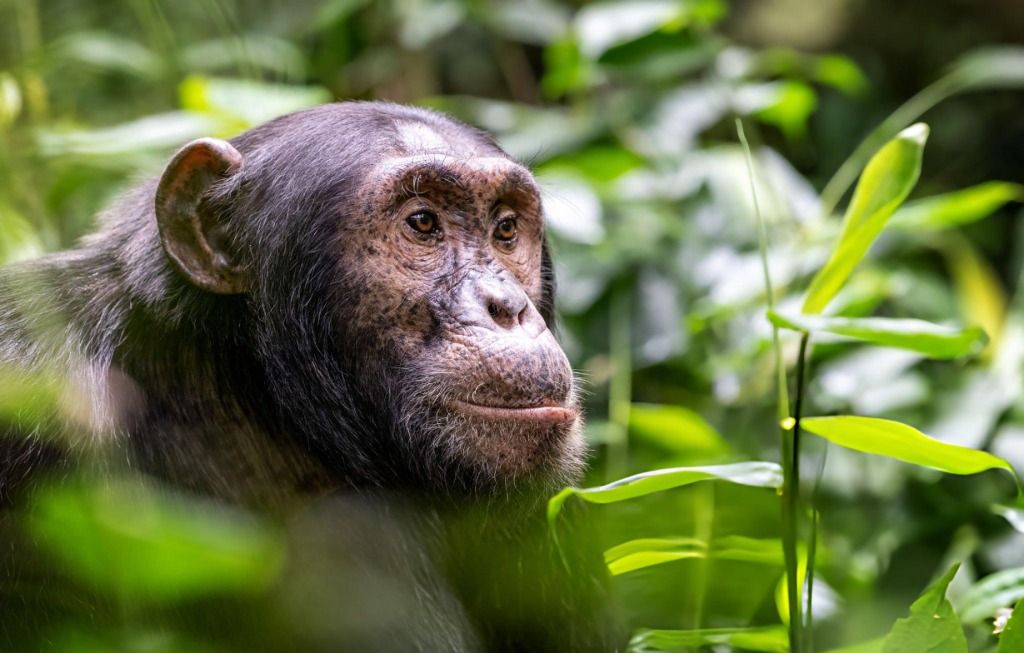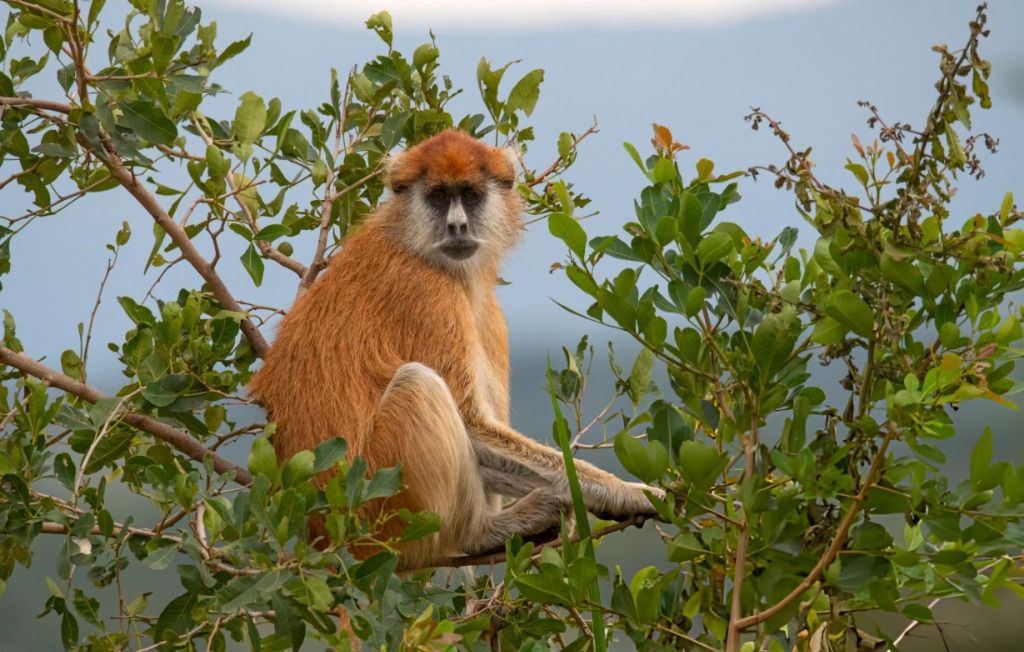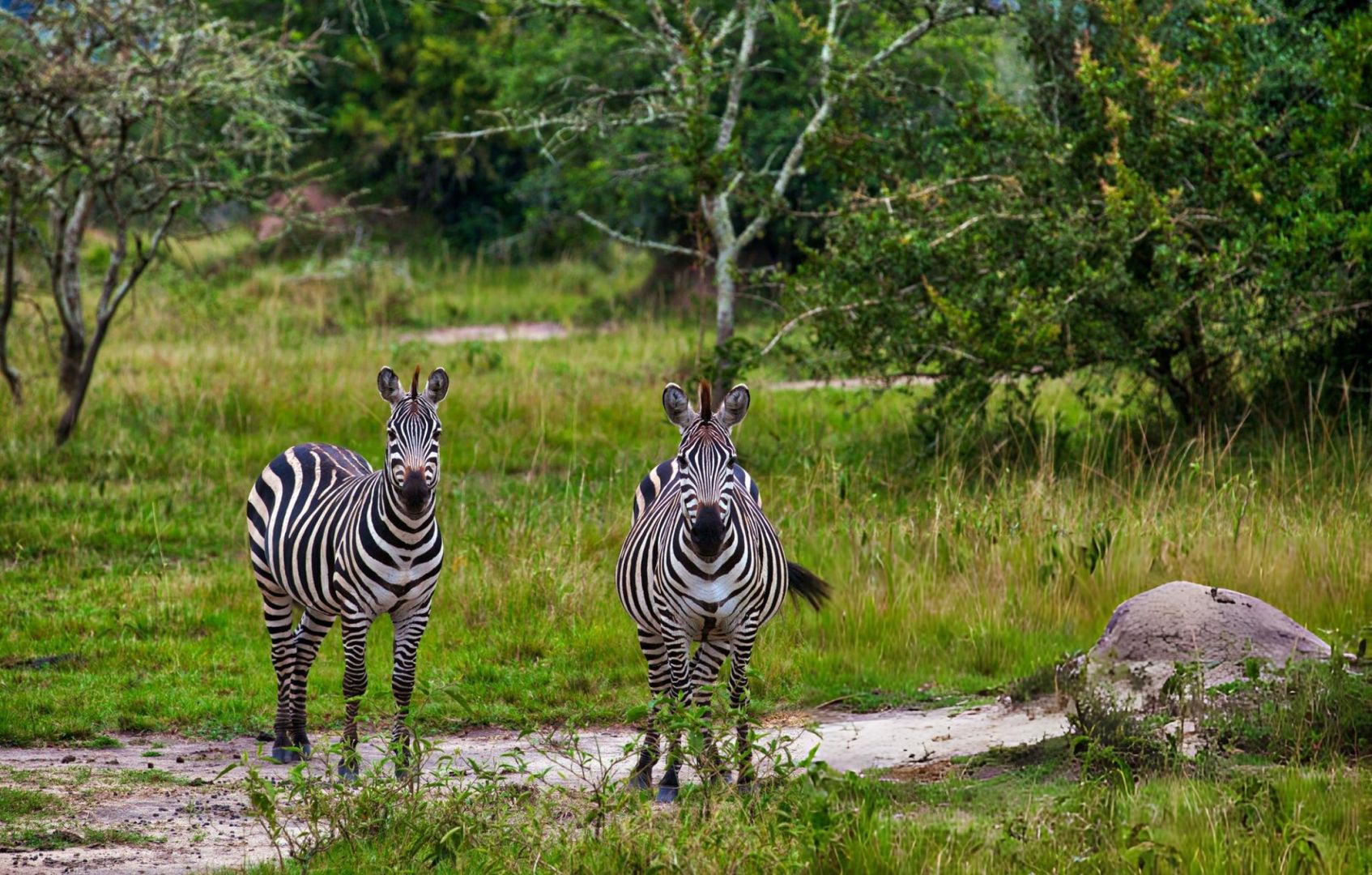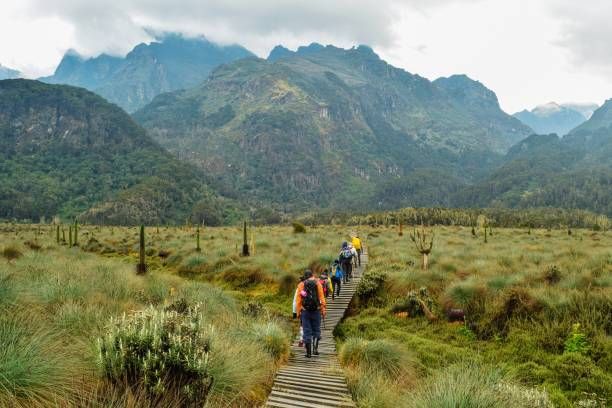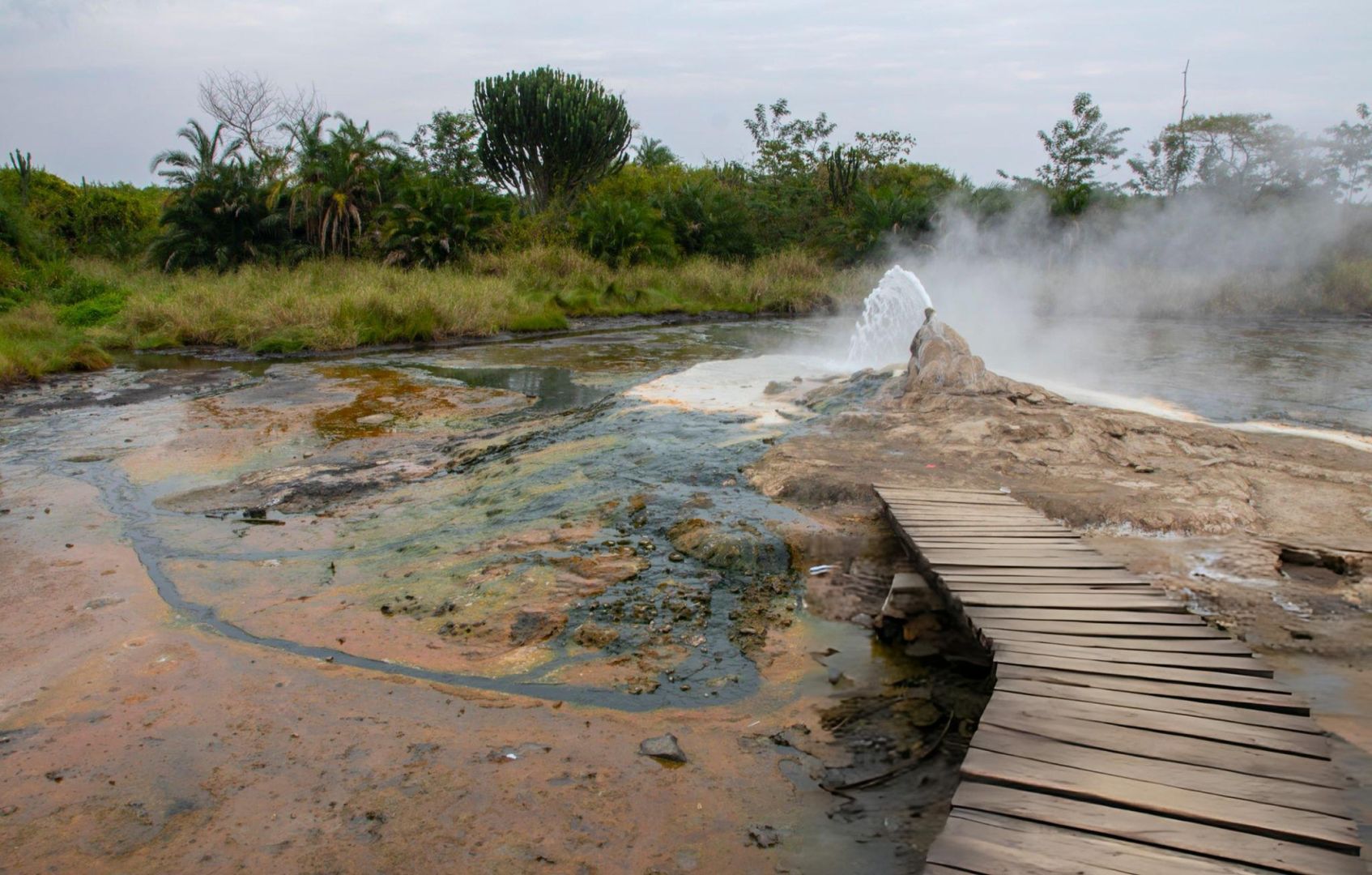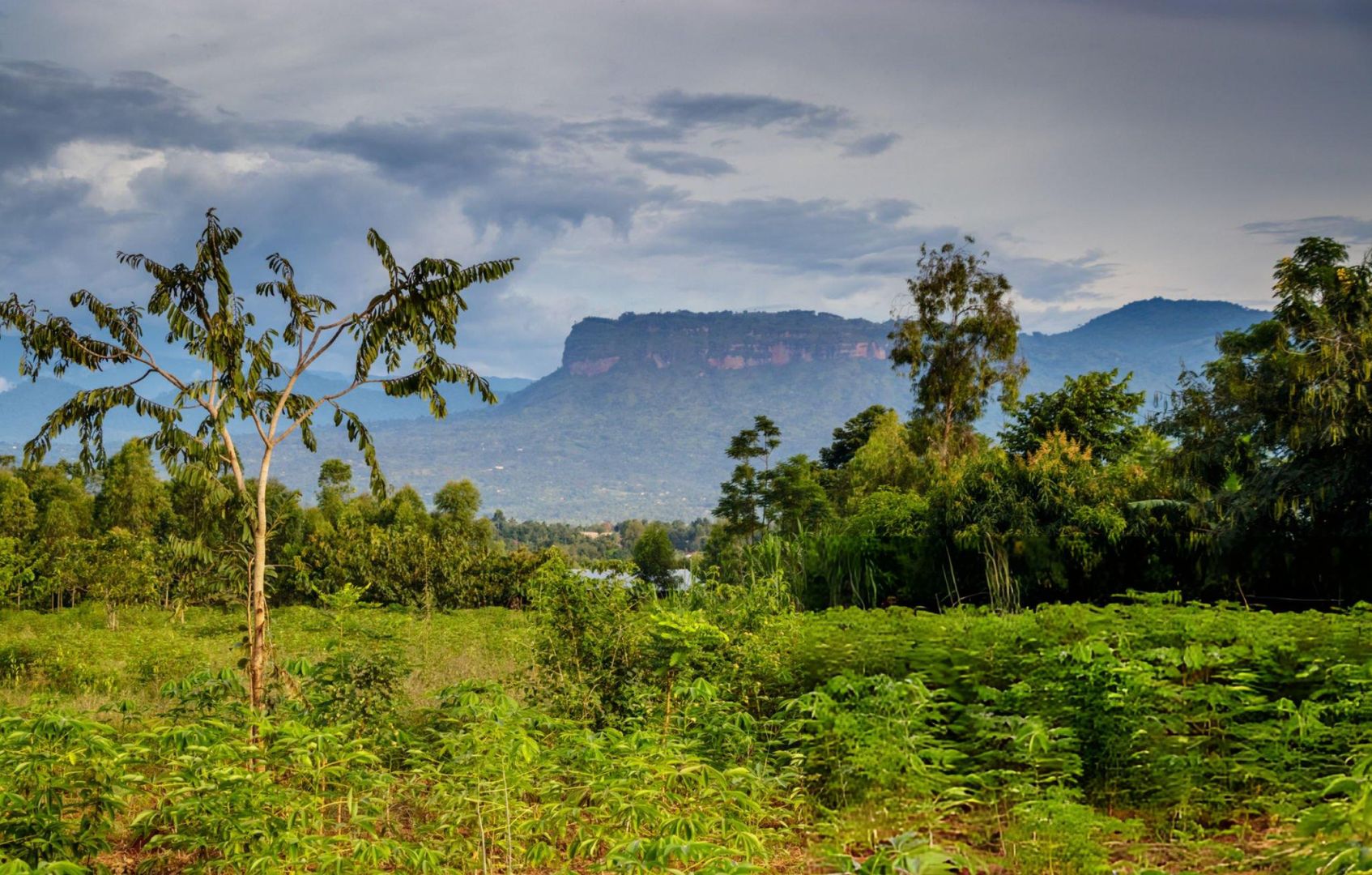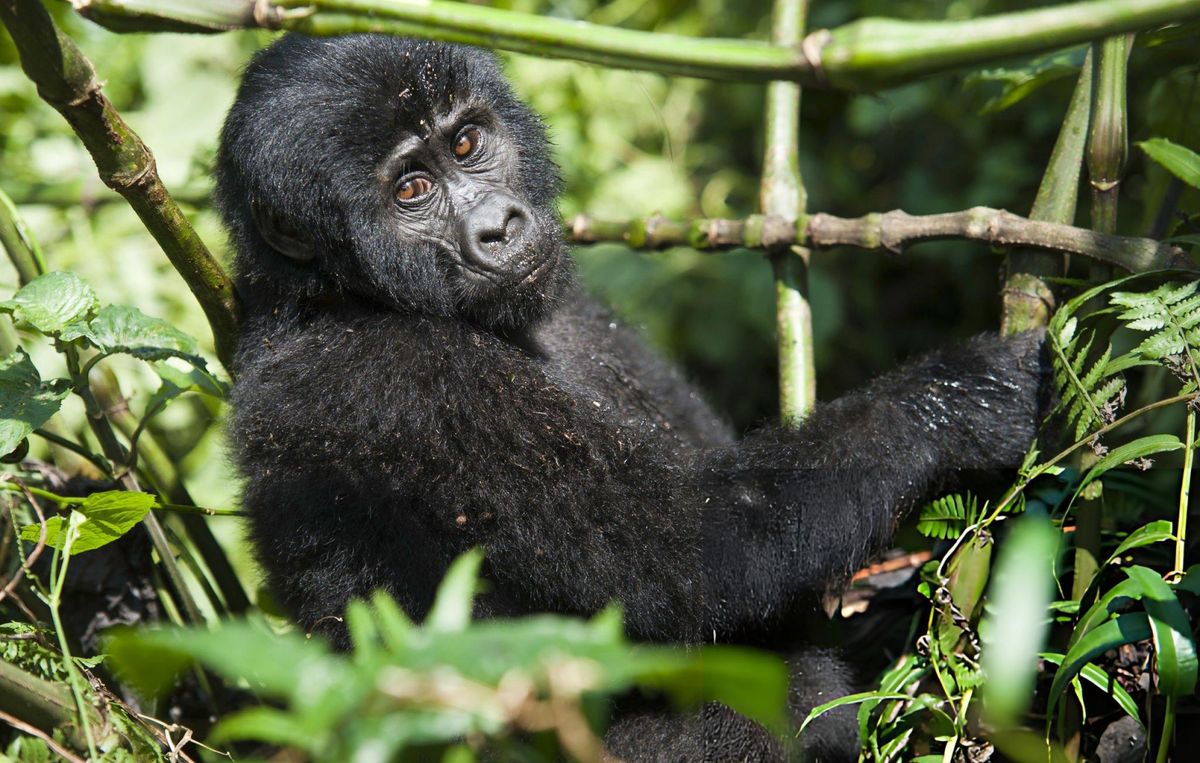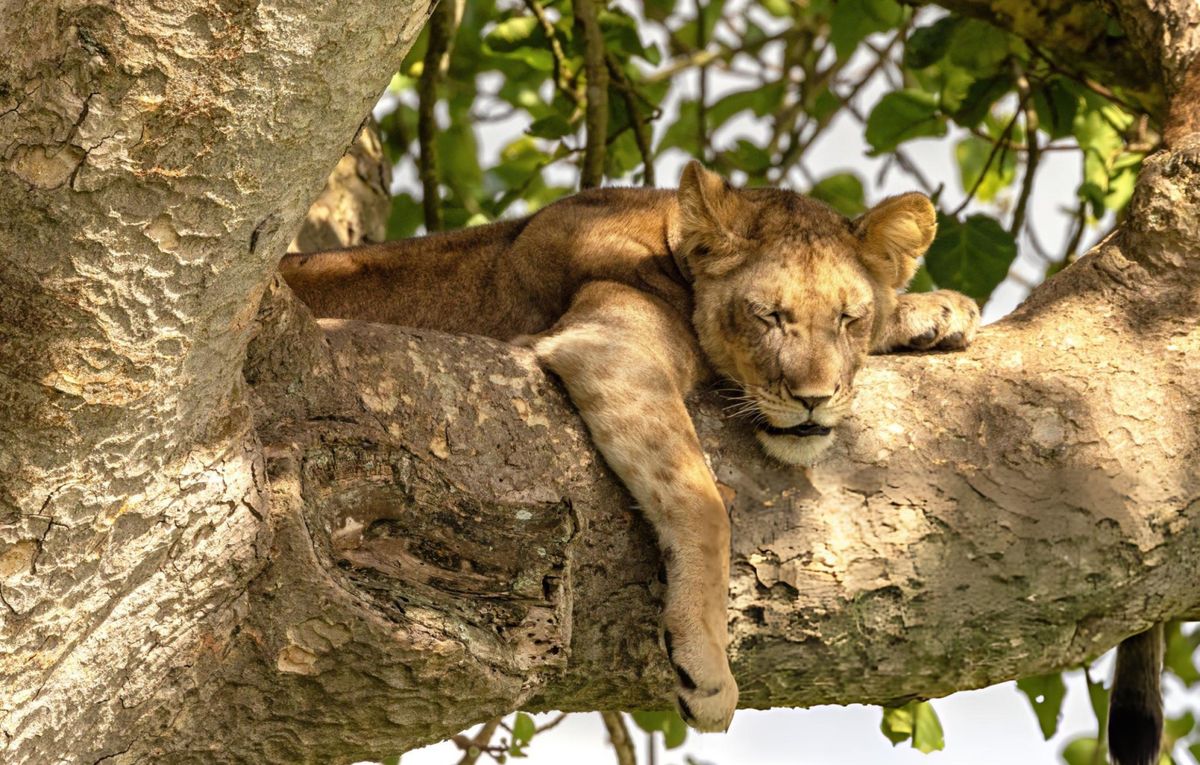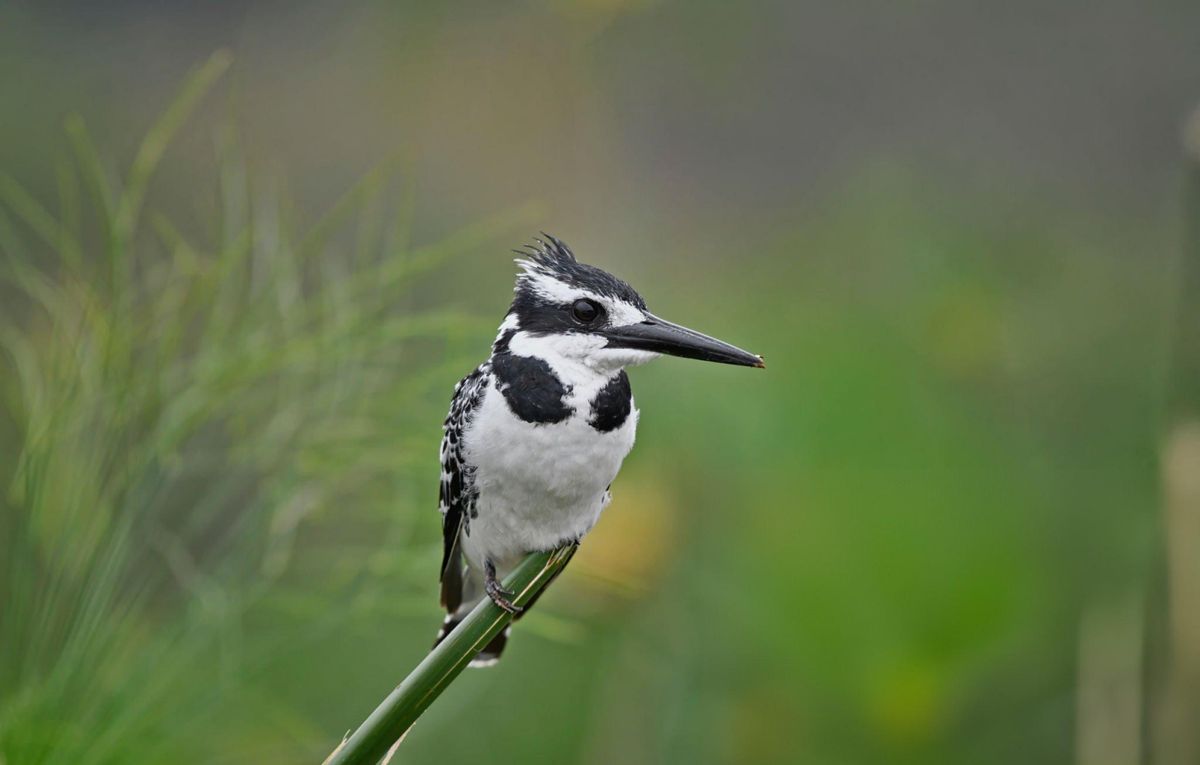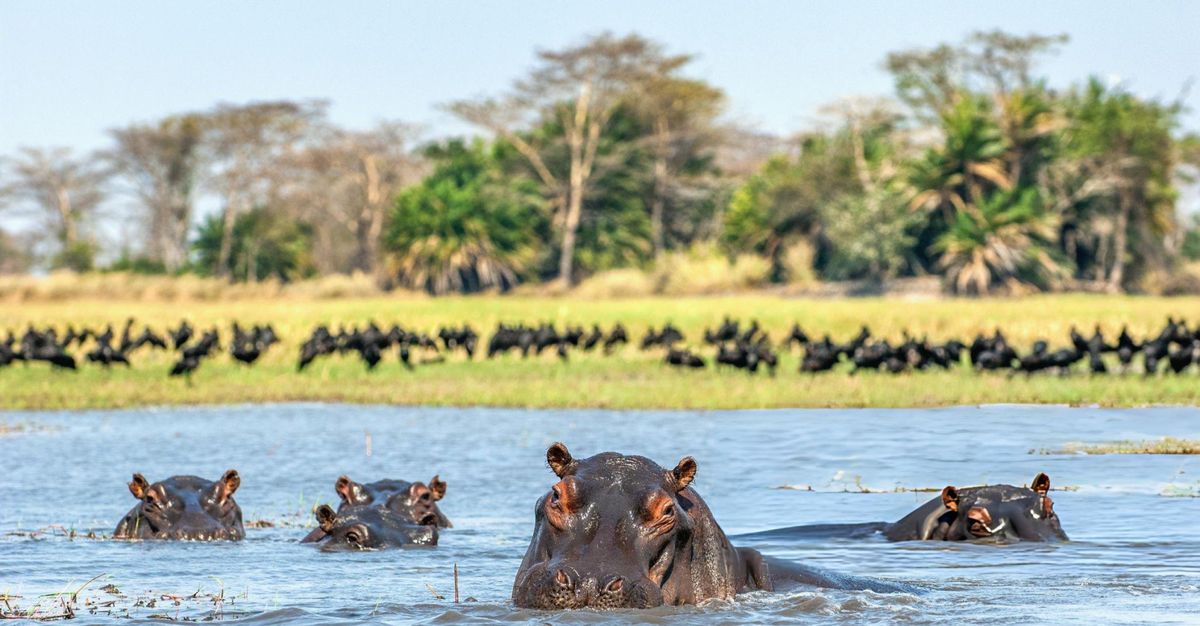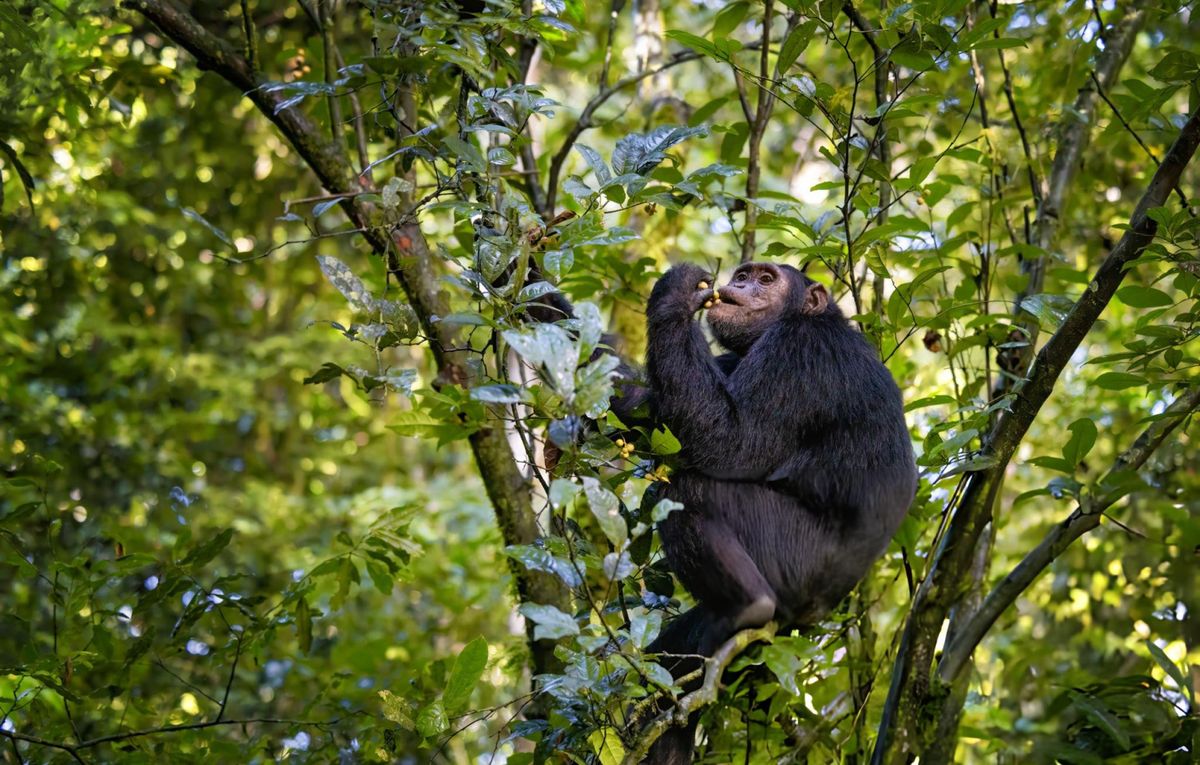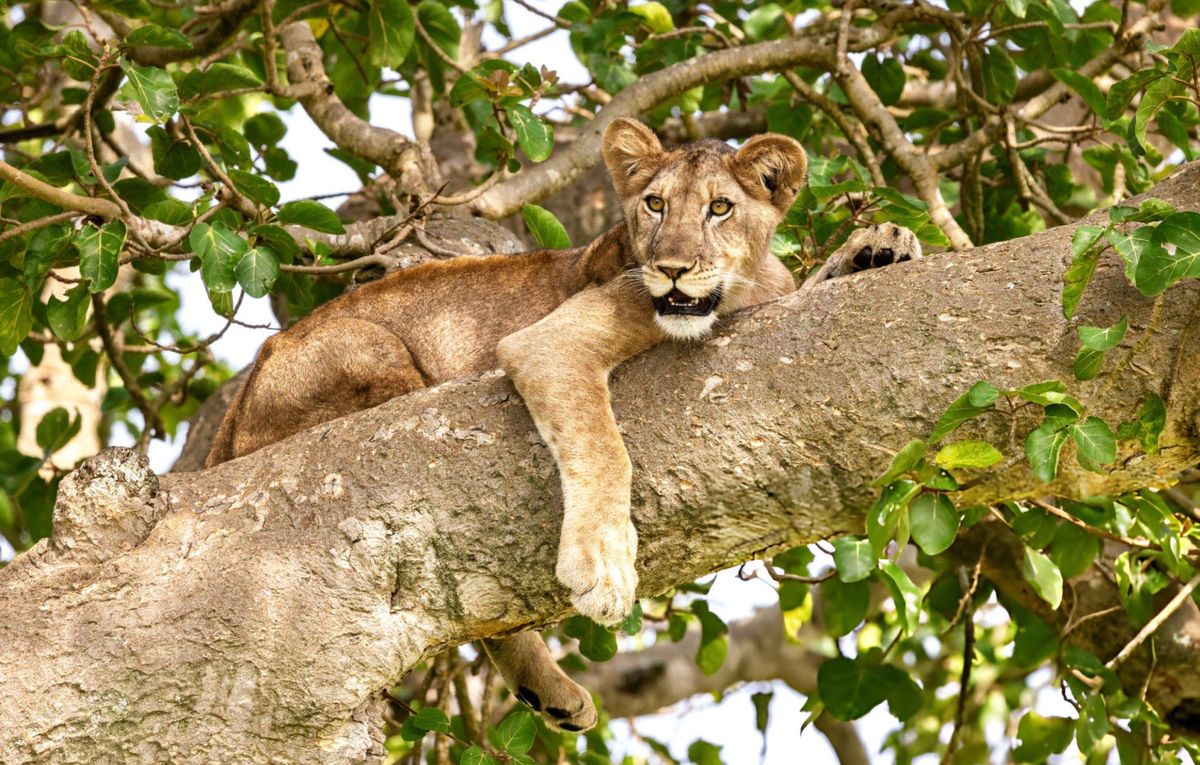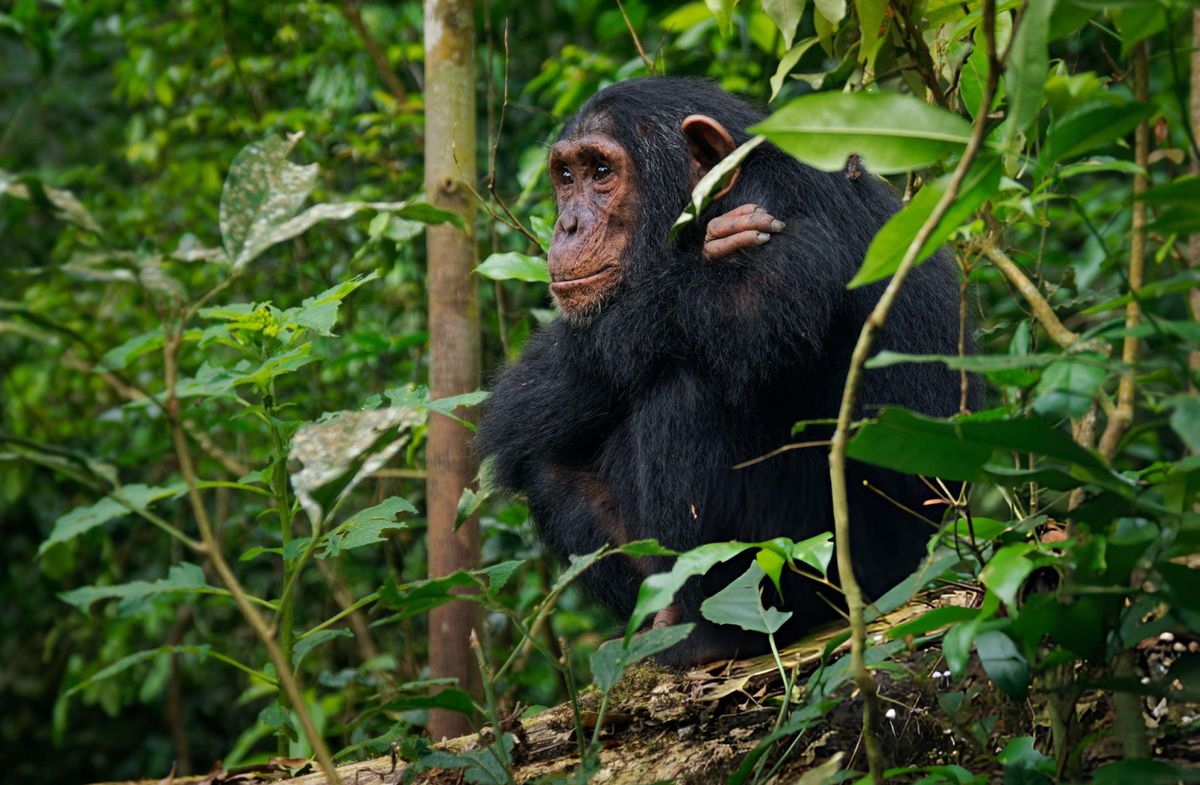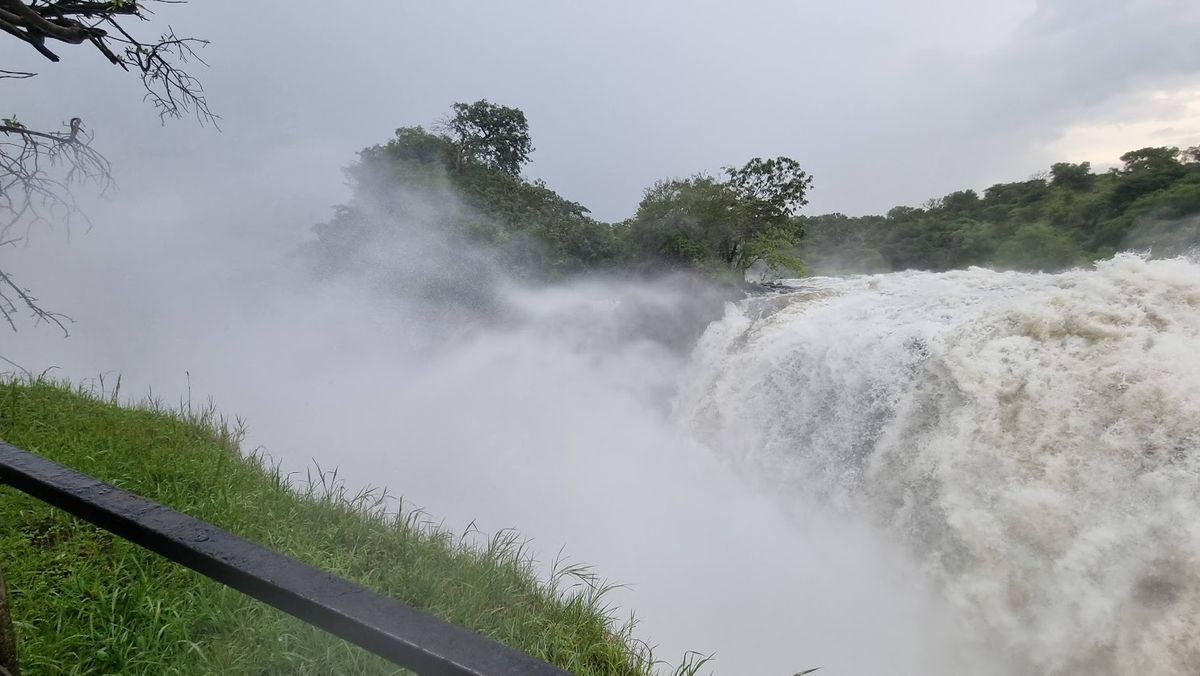Unforgettable Adventure Travel Experiences
Crafting extraordinary adventure travel experiences while advancing Uganda's conservation through tree-planting initiatives
Why Choose Shakes Travel?
We are travel agency dedicated to crafting unforgettable adventure travel experiences while actively advancing environmental conservation through tree-planting initiatives across Uganda's adventure destinations
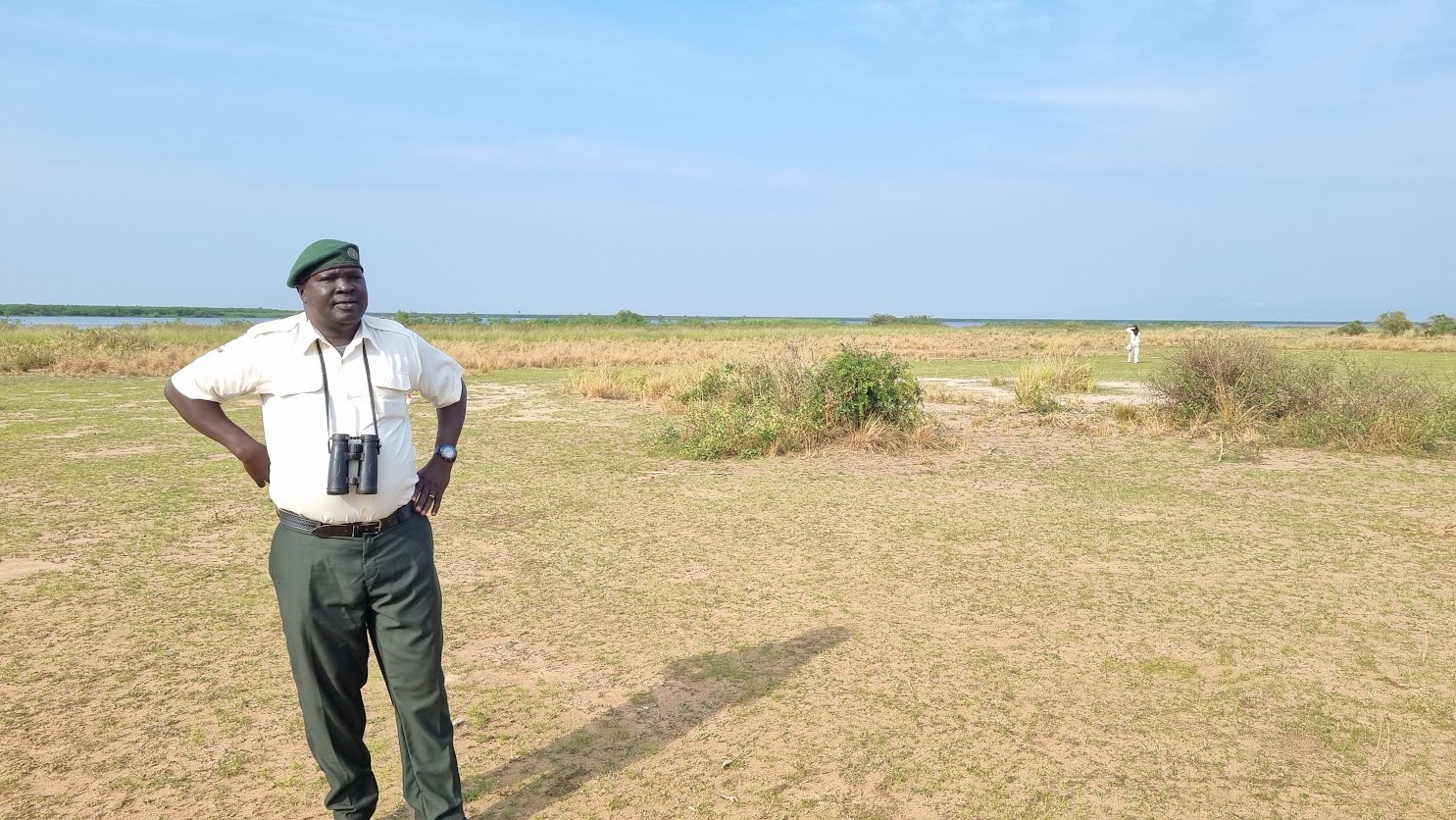
Uganda Adventure Travel Specialists
As a Ugandan-owned travel agency, we craft unforgettable wildlife experiences with unmatched local expertise and authentic connections to Uganda's national parks, wildlife, and conservation partners
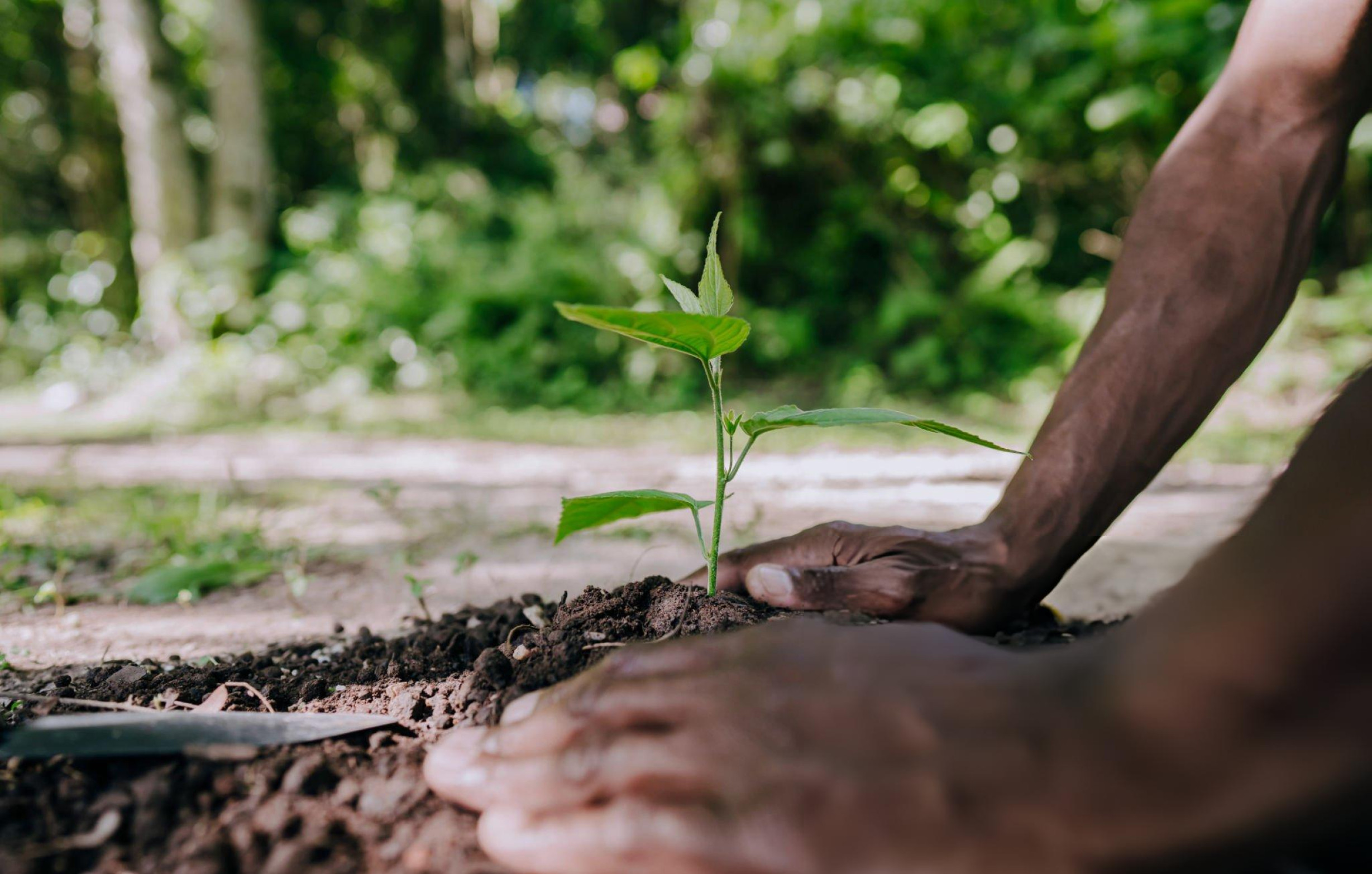
Every Adventure Travel Experience Plants Trees
Through our Planting Green Paths initiative, every adventure travel experience directly funds active tree-planting and habitat restoration across Uganda—advancing environmental conservation while you experience extraordinary wildlife
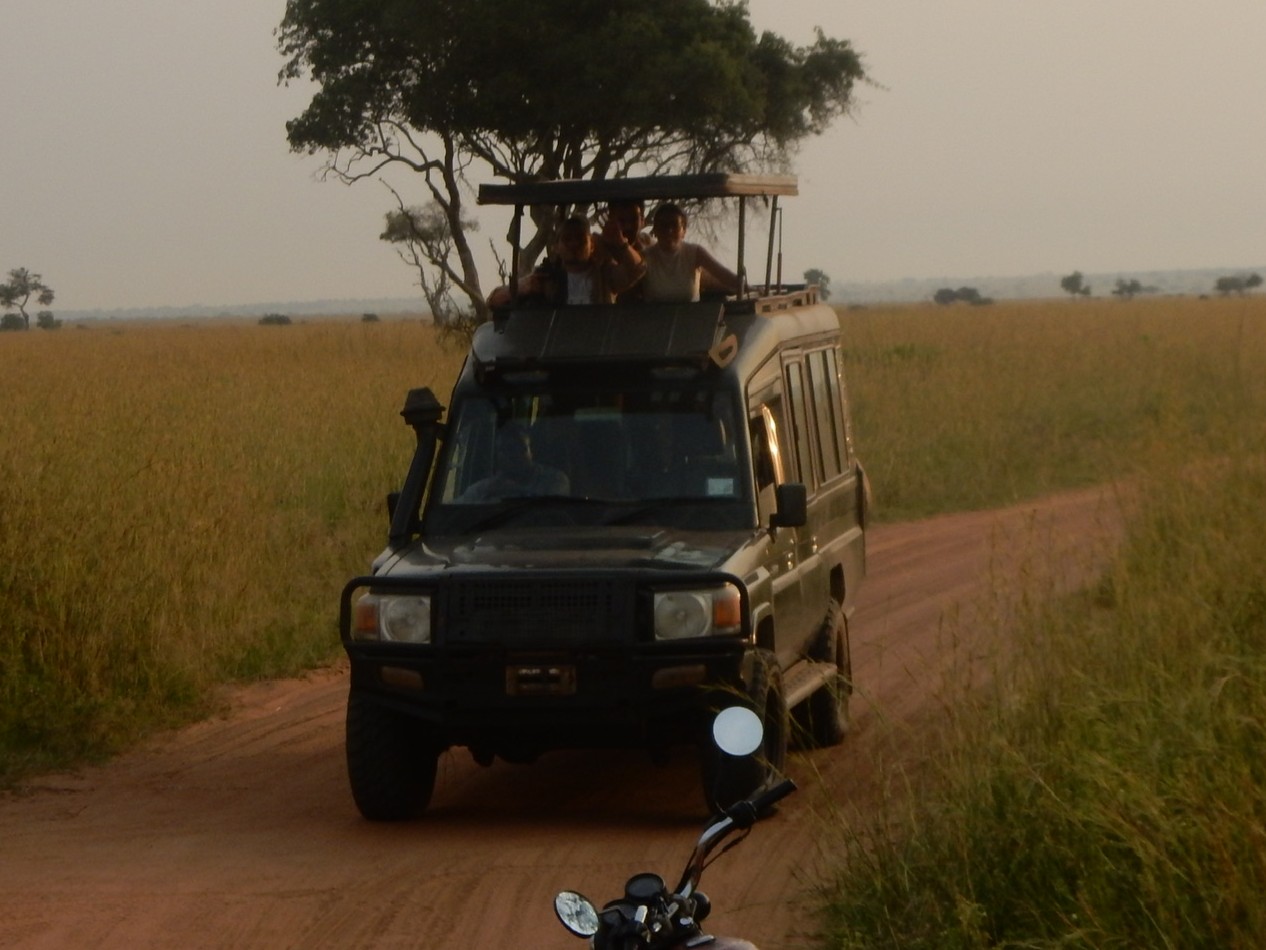
Expertly Curated Adventure Travel Experiences
We specialize in crafting unforgettable Adventure Travel Experiences—from gorilla trekking in ancient rainforests to Big Five wildlife encounters across savannah plains—while actively advancing conservation through every journey
Explore Destinations
Discover Uganda's stunning national parks and natural wonders
Adventure Travel Experiences
Immerse yourself in Uganda's most spectacular wildlife encounters and natural landscapes—from mountain gorilla trekking to Big Five wildlife encounters, boat expeditions, and cultural experiences. Each Adventure Travel Experience contributes to conservation
Unforgettable Adventure Travel Experiences. Active Conservation.
Start your Uganda Adventure Travel Experience with a travel agency that crafts extraordinary wildlife experiences while actively advancing conservation through tree-planting initiatives. Every journey contributes to protecting Uganda's natural heritage.
